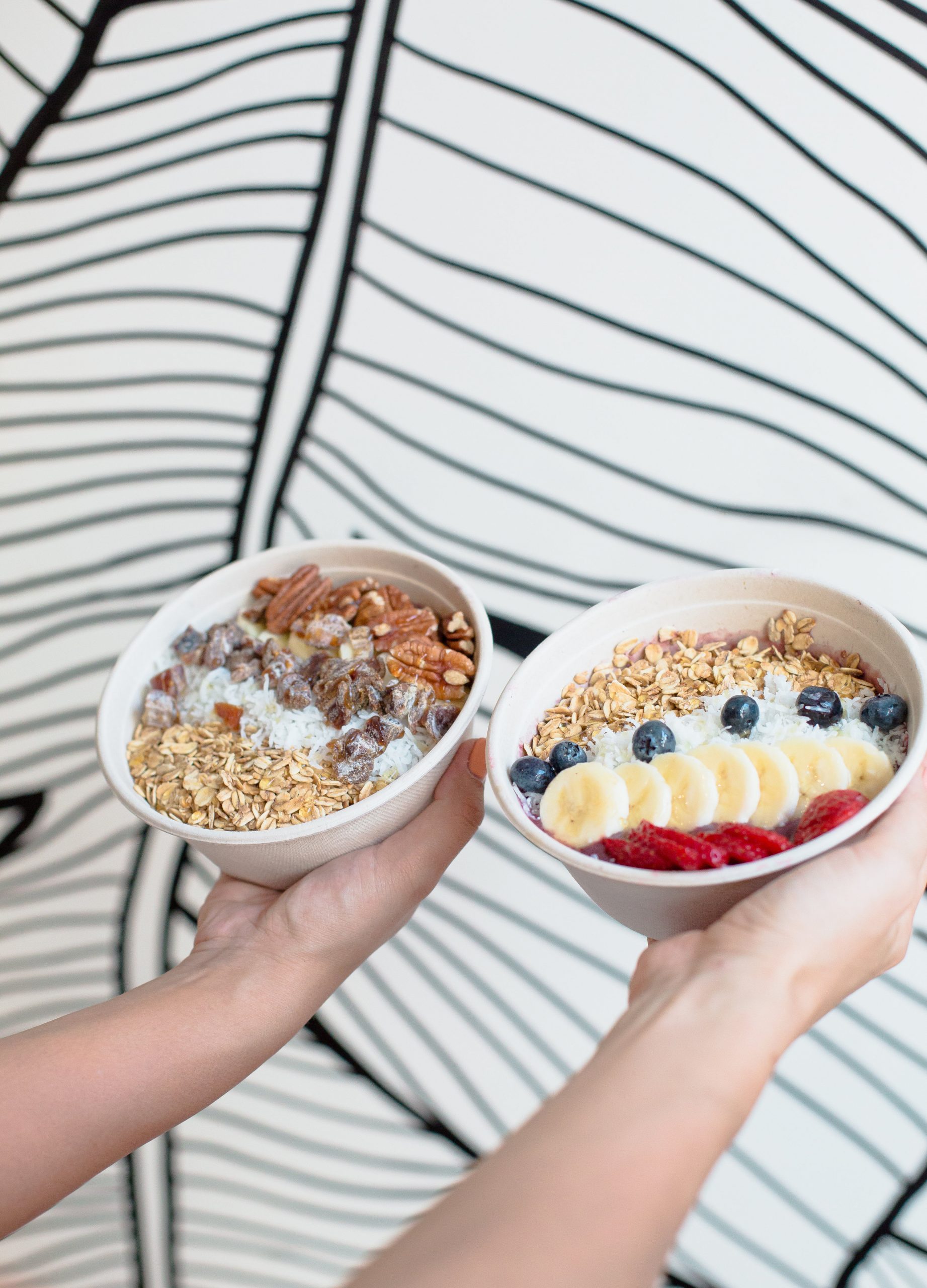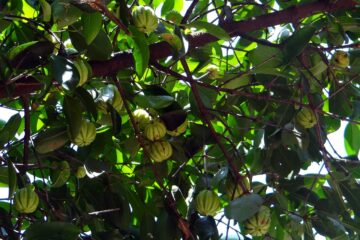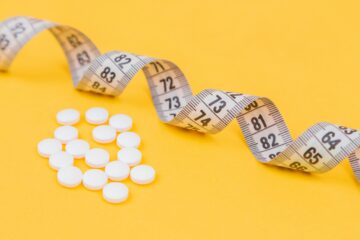There is an abundance of vegan protein that can be consumed by people who are on vegetarian and vegan diets. there is a common concern that these diets lack sufficient protein which is not true.
Whether you are a vegan or someone who wants to scale back on meat intake, you can still get the nutrients your body needs. as a matter of fact, scaling back on your omnivorous diet and going with vegan protein can lower your risk for many chronic diseases.
One Might Ask Why Do We Need Protein?
“Proteins are the building blocks of life. Every cell in the human body contains protein. The basic structure of a protein is a chain of amino acids. You need protein in your diet to help your body repair cells and make new ones”(MedlinePlus)
As we age, we start losing muscle mass and that loss is worsened if the person has chronic diseases, poor diet, and inactivity. In order to avoid that, it is important that we maintain our daily recommended protein intake.
Taking your daily amount of protein will help maintain your ability to walk, and reduce the risk of injury from falls as you age. The same goes for young people and athletes. Also, a sufficient daily amount of protein will help you develop muscles and maintain them.
make sure that you eat protein effectively, which means getting it from high-quality protein foods such as lean meat or vegan protein sources
How Much Protein Do I Need?
It is recommended that adults get a minimum of:
1- 0.8g of protein for every kilogram of body weight each day.
2- 7 g of protein for each 20lb of their body weight each day.
For example:
1- an adult that weighs 84kg should consume 67.2 grams of protein every day.
2- For a 140lb adult, that means about 50 grams of protein each day.
Vegan Protein Sources:
1- Whole Grains:
many whole grains are good sources of protein such as:
- Quinoa: 100g of it contains 4.3 g of protein.
- Oats: even though they are a complex carbohydrate, 100 g of it contains 10g of protein
- Seitan: is a high-protein vegetarian food made from cooked wheat gluten. it contains 11g of protein per Also, it is suitable for people who are gluten intolerant or celiac.
2- Vegetables:
There are certain vegetables with surprising amounts of protein, namely:
- Broccoli: it is not high in protein by itself, but when it’s used as a part of the meal, it can increase the amount of protein. it has 3g of protein per 100g
- Mushrooms: it contains 3.7g of protein per 100g
- Avocado: it is a good source of healthy fat and it contains 1g of protein per 1/2 an avocado.
- Cauliflowers: it has an amount of 1.5g of protein per 80gram
- Spinach: it has 2g of protein per 80g.
- Sweetcorn: it has over 2g of protein for every 3 tablespoons
3- Pulses and legumes:
some pulses and legumes are good sources of protein namely:
- Lentils: it has 9g of protein per 100g.
- Chickpeas: contains 8g of protein per 100g. There are many dishes that use Chickpeas as an ingredient, but the most famous one is a middle eastern dish known as Hummus, where that dish contains 8g per 100g
- Soybeans: it used to make many products such as Tofu and Tempeh, yet by itself contains 12g of protein per 100g
4- Nuts and seeds:
the majority of nuts and seeds are good sources of protein, namely:
- Chia seeds: they are rich in protein where 100g contains 18g of protein
- Almonds: Raw almonds are rich in protein which has 20g of protein per 100g.
- Hemp seeds: Hemp seeds are also a great source of protein, where 100g of hemp seeds contains 31g of protein
summary:
There are many sources of vegan protein, and what we mentioned above did not cover all of them. But I hope that we covered the majority of the topic. it is important that a person eats a mix of protein sources, and he/she should take the needed amount depending on their age and body weight.
Learn More about Vegan and Vegetarian diets :





0 Comments